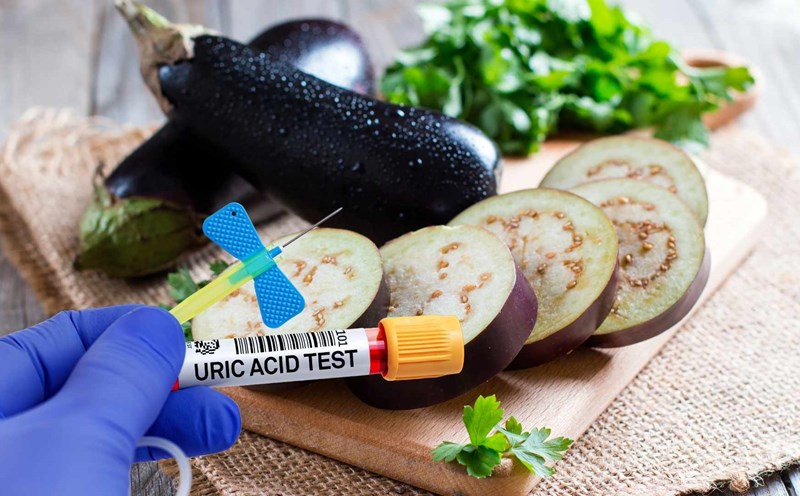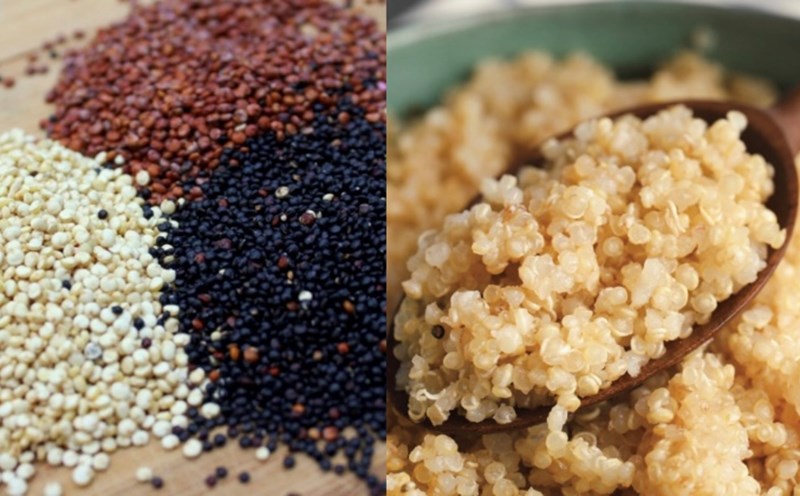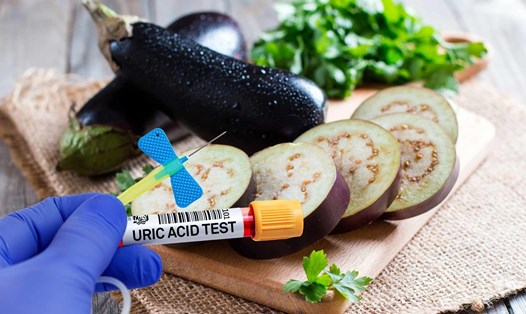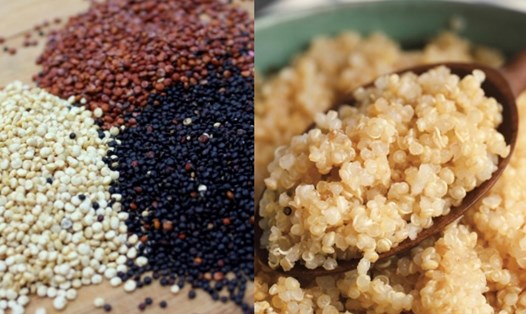Powerful antioxidants: Guava is rich in antioxidants such as quercetin, catechin, and epicatechin. These help reduce oxidative stress and inflammation, two factors that can contribute to high uric acid levels.
Oxidative stress is an imbalance between free radicals and antioxidants in the body that leads to cell and tissue damage. Reducing oxidative stress can help protect cells from damage and reduce uric acid production.
Flavonoid Compounds: Quercetin, a flavonoid found in guava, has been shown to inhibit the enzyme xanthine oxidase, which is responsible for the production of uric acid.
Inhibiting this enzyme helps reduce uric acid production in the body. Quercetin also has anti-inflammatory and antioxidant effects, helping to reduce inflammation and protect cells from damage.
Diuretic effects: Compounds in guava may have a mild diuretic effect, which helps increase the excretion of uric acid through urine. This helps reduce uric acid levels in the blood.
The diuretic effect of guava can help remove excess uric acid from the body, preventing the accumulation of uric acid in joints and tissues.
Fiber and Vitamin C: Guavas are rich in fiber and vitamin C, both of which can help reduce uric acid levels. Fiber helps improve digestive function and eliminate waste, while vitamin C has been shown to reduce uric acid levels in the blood.
Fiber also helps maintain a healthy weight, which is important in controlling uric acid levels. Vitamin C, in addition to reducing uric acid levels, also helps boost the immune system and protect the body from infections.











